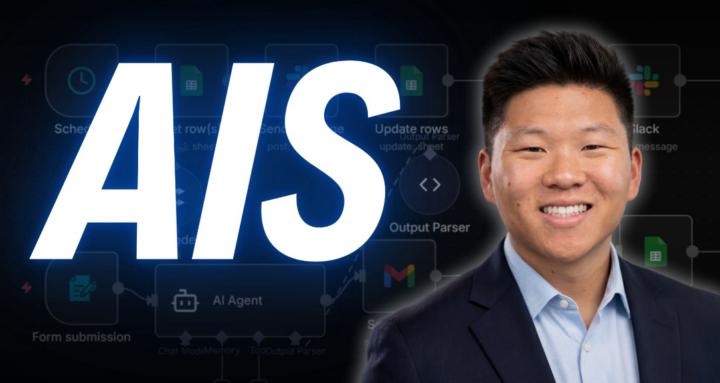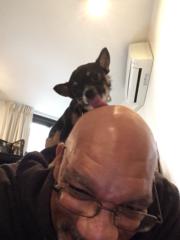Aug '25 • General Discussion 💬
Who owns what you make with ChatGPT?
Let’s clear up a persistent (and dangerous) misconception:
❌ “You can’t own anything you create with ChatGPT.”
That’s not true.
But it’s also not that simple.
Here’s what’s legally accurate, based on current U.S. copyright law and the best available legal commentary (July 2025):
✅ What you create with ChatGPT is generally yours to use, modify, and sell.
OpenAI’s terms are very clear:
“You own your content.”
That means if you generate content using ChatGPT, whether it’s a marketing email, business plan, or course module, you can use it commercially, build products from it, and claim it as part of your IP stack. This includes the right to file for copyright in many cases.
BUT.
Here’s where it gets tricky, and where people get confused.
Copyright law requires human authorship.
If a piece of content is entirely AI-generated with no meaningful human input, U.S. Copyright Office says: no dice. No copyright protection.
This means:
• If you push a button and publish the result without editing or guiding the process? Not copyrightable.
• If you guide the output, revise, add your structure, judgment, and expression? That’s your copyrightable work.
In other words, human creative contribution is the key.
What about trademarks and commercial use?
Trademarks (like logos or product names) are less about authorship and more about consumer association and use in commerce. So even if AI helped generate the name or logo, if you’re the one using it in business, you can usually trademark it.
This is why companies are now building entire brands with LLM support—and still filing trademarks with no issue.
So what should you do?
1. Document your creative process.
Keep a log (or screenshots) of how you’re using ChatGPT. This helps prove human authorship.
2. Make it your own.
Don’t just copy/paste raw outputs. Add your strategy, perspective, structure, or edits.
3. Avoid using copyrighted prompts or datasets.
If you ask ChatGPT to generate work “in the style of X” or mimic a brand, that might introduce infringement issues.
4. Check the terms of the model you use.
OpenAI gives broad rights. Others (like Meta or Anthropic) may have different terms.
Final word?
AI is a tool, not an author.
If you direct the process, you own the results.
So build. Publish. Monetize.
Just make sure your human fingerprints are on the final work.
Hope this helps.
PS: this isn’t legal advice, only my opinion. Check with your legal time for specific legal advice regarding your business.
4
6 comments

skool.com/ai-automation-society
A community built to master no-code AI automations. Join to learn, discuss, and build the systems that will shape the future of work.
Powered by





